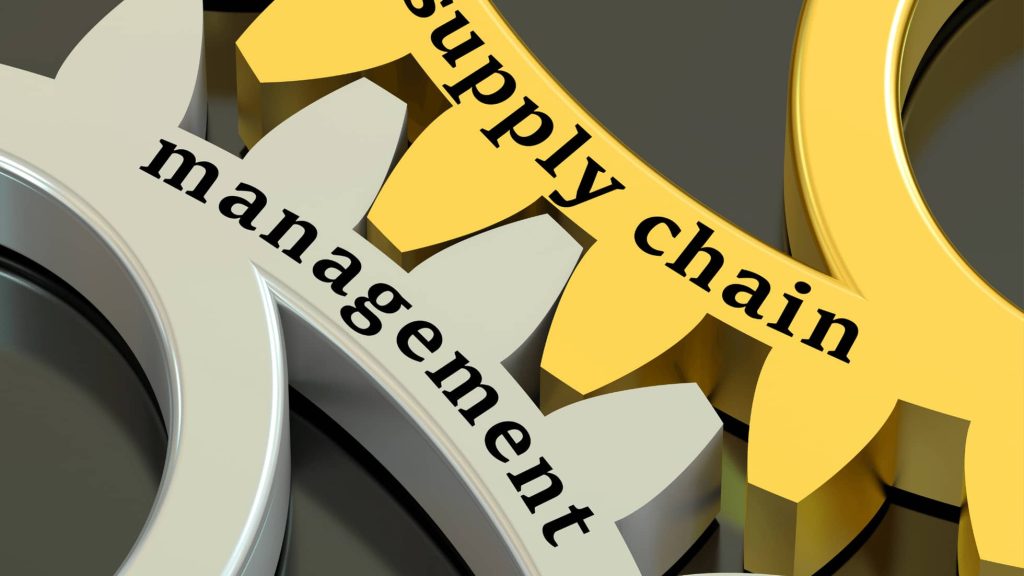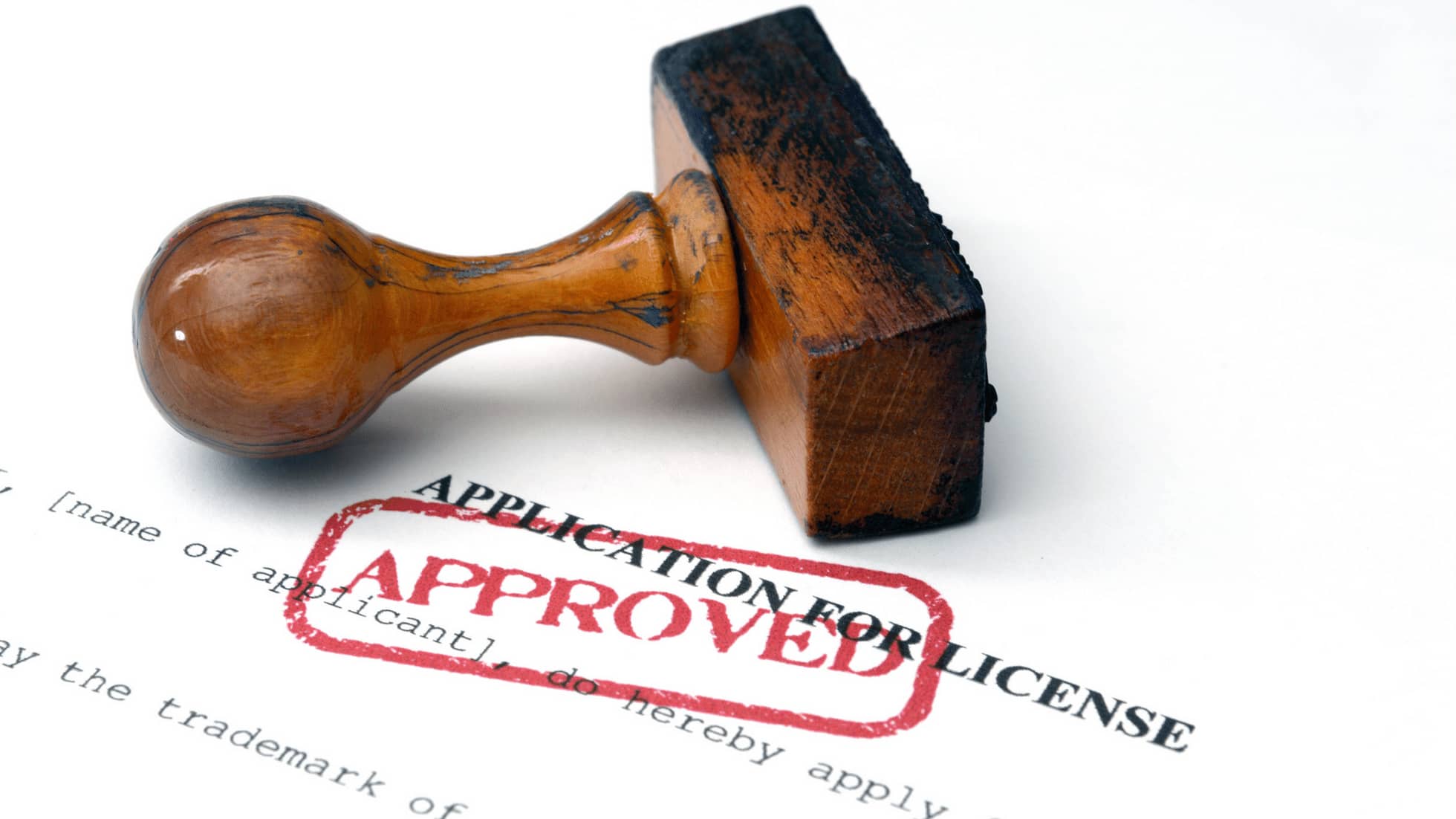When starting to sell on Amazon, one key question is often at the forefront: “Do you need a business license to sell on Amazon?” While Amazon doesn’t ask for a business license, your local, state, or federal laws might, and ignoring these can lead to trouble.
In this guide, we’ll address the common question—do you need a business license to sell on Amazon?—and help you understand the legal requirements for setting up your online business. Let’s take a closer look at what you need to do to sell legally and confidently on Amazon.
Understanding Business Licenses for Amazon Sellers
Before you begin your adventure as an Amazon seller, it’s essential to grasp the concept of licensing requirements that might affect you. “Do You Need a Business License to Sell on Amazon?” is a critical question to consider, ensuring your venture remains compliant and operates within the confines of the law.
Types of Business Licenses Required
Federal and state laws may necessitate different business licensing forms depending on the products you sell and your operating location.
Business licenses can range from general business operation licenses—which are issued by your local government and allow you to conduct business legally within a certain locality—to more specific permits and licenses that are required for particular industries or activities.
For instance, if you are dealing with regulated products such as alcohol, you will need to secure federal licenses related to that category. Here is a quick overview:
- General Business License: Typically required by your local city or county.
- Specialized Permits: Depending on what you sell; e.g., food, health-related products, etc.
- Sales Tax Permit: Required if you have a physical presence in a state that collects sales tax.
Do You Need a Business License to Sell on Amazon?

When you set up a Seller Central account on Amazon, the platform itself does not require you to have a business license for the majority of products, which tend to be consumer goods not heavily regulated.
That being said, as you establish yourself as a legal entity conducting a commercial activity, you might need to obtain a license, not from Amazon, but from your local or federal governing bodies, to ensure you comply with the law.
If your operation expands to wholesale or experiences significant sales volumes, you’ll likely need a business license and a sales tax permit from your local jurisdiction or the state.
This is to maintain legal standing and legitimize your business for potential partnerships and future expansion.
Setting Up Your Amazon Seller Account
Setting up your seller account is a crucial first step when you decide to sell on Amazon.
To start your selling journey, you will select a selling plan that suits your business model, go through a sign-up process, and complete an account verification.
Choosing Your Selling Plan
Amazon offers two main types of selling plans: Individual and Professional.
The Individual plan is pay-as-you-go, ideal for sellers who expect to sell fewer than 40 items per month.
There’s no monthly subscription fee; you pay $0.99 per item sold plus additional selling fees.
In contrast, the Professional plan entails a monthly subscription fee of $39.99 but waives the $0.99 per item fee, making it more cost-effective for high-volume sellers.
This plan is best if you sell more than 40 items monthly or want to access advanced selling tools and APIs.
- Individual plan:
- No monthly fee.
- $0.99 per item sold + additional fees.
- Professional plan:
- $39.99 monthly subscription fee.
- Additional fees waived for per-item sold.
Creating Your Seller Account
To create your Amazon seller account, you’ll need to have certain information at hand.
Start by going to Amazon Seller Central and select the appropriate selling plan.
You must provide your legal business name, address, and contact information.
Also, have a credit card, phone number, and tax information ready for sign-up.
You’ll also need to decide on your storefront name, which can be your business name or another name representing your store.
Account Verification Process

Amazon’s account verification is designed to protect both sellers and customers by ensuring the seller’s authenticity.
After signing up, you’ll undergo a verification process where you must provide proof of identity, such as a passport or driver’s license, and possibly additional documentation, depending on your location.
Be prepared with your bank account details as Amazon will need them to verify your account and set up the payment process.
- Documentation for verification may include:
- Government-issued ID (passport or driver’s license).
- Bank account details (for payment and verification).
- Additional documents if requested (vary by location).
Legal and Financial Considerations

When selling on Amazon, understanding the legal and financial implications of your business structure, tax obligations, and banking requirements is essential. The choices you make can have long-term effects on your business’s operation and profitability.
Determining Your Business Structure
Choosing the right business structure is crucial in defining your liability, investment needs, and the ability to grow your business.
If you prefer to keep it simple and manage the business on your own, becoming a sole proprietor could suffice.
However, if you are looking for liability protection and possibly sharing ownership, forming a Limited Liability Company (LLC) might be a strong choice.
The IRS does not consider an LLC to be a separate tax entity, so taxes pass through to the individual members.
Tax Registration and EIN
Regardless of your business structure, you must comply with tax requirements.
This often involves registering for a sales tax permit with your state if you’re handling taxable goods.
Additionally, obtaining an Employer Identification Number (EIN) from the IRS is necessary for most businesses, especially if you plan to hire employees or open a business bank account.
Sole proprietors without employees can typically use their Social Security Number instead of an EIN, but an EIN may still be advisable for identity protection.
Opening a Business Bank Account
To correctly manage your finances, opening a business bank account is a responsible step.
This helps separate your personal and business transactions, simplifying accounting and tax reporting.
When setting up your account, the bank will require your EIN and other documentation proving the existence of your business, like articles of organization for an LLC or a business license for small businesses.
Choosing the Right Fulfillment Option

When selling on Amazon, one of your key decisions is selecting the most appropriate fulfillment option for your business needs. This choice impacts your inventory management, shipping responsibilities, and potential to scale.
Fulfillment by Amazon (FBA)
FBA allows you to leverage Amazon’s vast network of fulfillment centers.
When you opt for FBA, you send your products to Amazon’s warehouses, and Amazon takes care of storage, packaging, shipping, customer service, and returns for those products.
This method can save you time and may offer prime eligibility, but it involves additional fees based on storage space and fulfillment.
- Pros:
- Access to Prime customers
- Scalable and convenient
- Cons:
- Incurring storage and fulfillment fees
- Less control over inventory handling
Related reads:
Fulfillment by Merchant (FBM)
FBM, also known as Merchant Fulfilled Network (MFN), allows you as a seller to handle your own storage, shipping, and customer service.
This gives you direct control over your inventory and fulfillment process.
- Inventory Control: Keep a close eye on stock levels; balance having enough to meet demand without overstocking.
- Shipping Flexibility: Choose your own shipping solutions or use Amazon’s ‘Buy Shipping’ for orders.
Amazon’s Seller Fulfilled Prime
This option is for sellers who want to manage fulfillment independently while enjoying the benefits of the Prime badge.
You’ll commit to fulfilling orders with two-day delivery, maintaining Amazon’s high standards of customer service.
- Eligibility Requirements: Meet specific performance metrics to qualify.
- Considerations: Balancing fast shipping with cost-effectiveness is crucial for maintaining profitability.
Managing Your Amazon Inventory

Effective inventory management is critical for maintaining the delicate balance between stock availability and minimal holding costs. It ensures that you can meet customer demand without overstocking.
Inventory Planning
Stock Levels: Regularly review sales data to determine your ideal stock levels.
Keep a buffer inventory to accommodate fluctuations in customer demand, but avoid overstocking, which can lead to increased storage fees and reduced cash flow.
- Forecasting: Use tools like Amazon’s demand forecasting or third-party software to predict future sales based on historical data.
- Reorder Points: Set specific reorder points for each product to prevent stockouts.
Read related articles:
Inventory Storage and Logistics
Fulfillment by Amazon (FBA): Consider enrolling in FBA for hands-off storage and distribution. Amazon takes care of warehousing and shipping your products, often leading to faster delivery and Prime eligibility.
- Storage Fees: FBA involves storage fees, so it’s crucial to understand these costs and how they can affect your bottom line.
- Inventory Performance Index (IPI): Monitor your IPI score in Seller Central to assess inventory health and avoid long-term storage fees.
Supply Chain Management

Engaging Suppliers: Establish strong relationships with your suppliers and manufacturers for more reliable restocking.
- Lead Time: Communicate closely with your supplier to understand lead times and ensure timely inventory replenishment.
- Wholesale Products: If you’re dealing in wholesale products, plan purchases based on supplier minimum order quantities and wholesale discounts.
Inventory Levels: Frequent communication with your supply chain partners can help in adapting to any changes in consumer demand or supply chain disruptions.
Navigating Legal Compliance and Protection
When selling on Amazon, you must understand the landscape of legal compliance and the necessity of protecting your business interests. This touches on everything from intellectual property concerns to the nuances of tax obligations and required permits.
Intellectual Property and Brand Protection
To protect your brand and products, it is essential to have the correct intellectual property safeguards in place. This includes trademarks and copyrights for your product names, logos, and any original content.
Amazon offers its own Brand Registry service, which helps you protect your registered trademarks on the platform and combat counterfeit products. Enrolling in this program is a step towards proactive brand protection and can give you the upper hand against intellectual property infringement.
- Trademark: Registering a trademark protects brand names and logos.
- Amazon Brand Registry: Increases your ability to protect your brand.
Handling Taxes and Sales Permits
You are responsible for collecting and remitting sales tax for items sold on Amazon if your business has a nexus in the state where your goods are purchased. Each state has its own requirements for when and how sales tax should be collected from customers.
- Sales Tax License: Required for collecting sales tax in states where you have nexus.
- Home Occupation Permit: May be needed if you operate your business from home, depending on local laws.
For different types of businesses, the requirements can vary significantly. If you’re a sole proprietor, you are personally liable for your business’s debts and obligations.
In contrast, forming an LLC or corporation can offer you personal liability protection by separating your personal assets from your business’s liabilities. Checking with your local and state agencies will confirm exact licensing requirements, as they differ based on location and the specific nature of your business.
Conclusion
In conclusion, the journey to becoming an Amazon seller is fraught with excitement and potential, but it requires diligent attention to legal details.
While Amazon may not ask for it, your journey will be smoother if you consider the local and state requirements to ensure a trouble-free business operation.
Research, consult professionals, and use this guide as a roadmap to navigate the complexities of licensing, taxes, and structure for your Amazon business. With the right steps, you’ll set a solid foundation for growth and longevity in the marketplace.
Frequently Asked Questions
Can you sell on Amazon without an LLC?
Do you need a business license to sell on Amazon?
Yes, you can sell on Amazon without forming a Limited Liability Company (LLC). Amazon allows individuals to sell as sole proprietors, which means you can start selling products under your personal account without creating a formal business entity.
However, forming an LLC can offer benefits like personal liability protection and potential tax advantages. It’s worth considering legal and financial advice to determine the best structure for your business needs.
What documents do I need for Amazon business?
When setting up an Amazon Seller account, you will need to provide several documents to verify your identity and business information. Generally, these include:
- Government-issued identification (such as a driver’s license or passport)
- Bank account and routing numbers
- Chargeable credit card is linked to a bank account with international transaction capabilities
- Tax information, including your Social Security Number (SSN) if selling as an individual, or your business’s tax identification number
- Phone number
- Email address for account communication
Amazon may also require additional documentation based on your location and the type of products you plan to sell.
Does Amazon verify your business address?
Yes, Amazon verifies your business address as part of their account verification process. This step is crucial to prevent fraud and ensure that all sellers on their platform are legitimate.
Amazon may use a variety of methods to verify your address, including requesting utility bills in the business’s name or other official documents that confirm the physical location of the business.
Can I use my Individual Tax Identification Number (ITIN) to sell on Amazon?
Yes, you can use your Individual Tax Identification Number (ITIN) to sell on Amazon if you do not have a Social Security Number (SSN). An ITIN is issued by the Internal Revenue Service (IRS) to individuals who are required to have U.S. taxpayer identification for tax purposes but are not eligible for an SSN. When registering for an Amazon seller account, you’ll need to provide your ITIN for tax identity purposes. It’s important to ensure your tax information is accurate and up to date for compliance with IRS regulations.





















